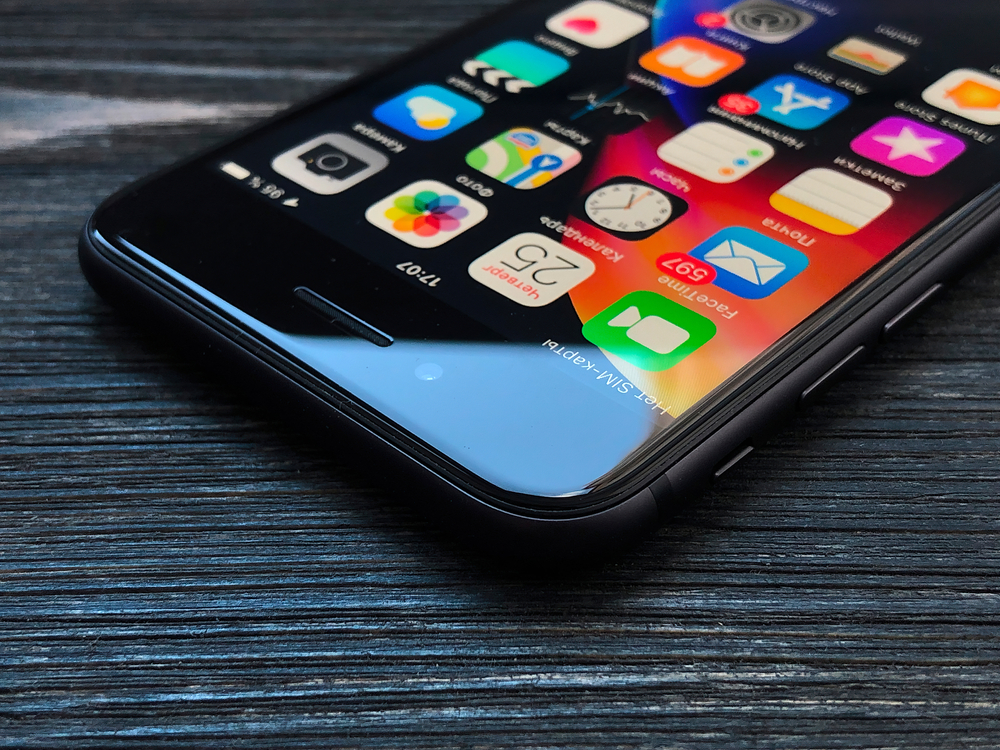
Introduction:
Mobile apps have become an integral part of our daily lives, dominating the digital landscape with their convenience and functionality. With millions of apps available in various app stores, developers face the challenge of standing out and attracting users amidst fierce competition. Hence, it is crucial to have a well-strategized mobile app marketing plan in place. In this article, we will explore effective tips and tricks to master mobile app marketing and ensure its success.
1. Define Your Target Audience:
Before diving into the marketing strategies, it is essential to clearly identify your target audience. Understanding their preferences, demographics, and psychographics will enable you to tailor your marketing efforts accordingly. Research the market, conduct surveys, and analyze user behavior data to refine your target audience profile.
2. Optimize Your App Store Presence:
The app stores are the primary platforms where users discover and download mobile iOS or Android app s. To maximize visibility and downloads, optimize your app store presence. Pay attention to the app title, description, screenshots, and reviews. Incorporate relevant keywords to improve search rankings, and ensure your app's appearance is visually appealing and intuitive.
3. Leverage App Store Optimization (ASO):
To increase organic installations, mastering App Store Optimization (ASO) is crucial. Optimize keywords in your app title, description, and metadata to enhance discoverability. Highlight unique selling points and persuasive call-to-actions to compel users to download your app. Regularly monitor your app's performance and adjust your ASO strategy accordingly.
4. Create Engaging App Previews:
Videos have become a powerful tool for app marketing. Utilize the power of app previews to showcase your app's features and benefits effectively. Create compelling videos that highlight the app's functionality and user experience. Engage the audience within the first few seconds by demonstrating the app's value proposition.
5. Build an Interactive Website:
A dedicated website can provide vital information and act as a hub for your mobile App Store or Google Play app 's marketing efforts. Design a visually appealing website that aligns with your app's branding. Provide comprehensive details about the app's features, benefits, and user testimonials. Include a call-to-action for visitors to download the app easily.
6. Harness the Power of Social Media:
Social media platforms have a massive reach and can significantly boost your mobile Android or iOS app marketing efforts. Identify the most relevant platforms for your target audience and establish a strong social media presence. Regularly share engaging content, such as app updates, user success stories, and behind-the-scenes sneak peeks. Leverage influencers or run targeted ads to increase your app's visibility.
7. Implement Influencer Marketing:
Influencer marketing has proven to be an effective strategy for mobile Google Play or App Store app promotion. Identify influencers in your niche and collaborate with them to endorse your app. Authentic recommendations from influencers can significantly boost user trust and drive downloads. Ensure the influencers' audience aligns with your target market to achieve maximum impact.
8. Offer Limited-Time Promotions:
Everyone loves a good deal. Offering limited-time promotions, discounts, or freebies can create a sense of urgency and encourage downloads. Leverage festive seasons, holidays, or app milestones to roll out exclusive offers. Promote these promotions through various channels, including social media, email marketing, and app store optimization.
9. Implement App Referral Programs:
Word-of-mouth marketing is a powerful tool for app promotion. Implement referral programs that incentivize existing users to refer your app to their friends and family. Offer rewards such as discounts, in-app currency, or exclusive content for successful referrals. Effective referral programs can generate a strong network effect and rapidly expand your user base.
10. Continuous App Engagement:
User retention is as important as user acquisition. Keep your users engaged by regularly updating your app with new features, bug fixes, and performance enhancements. Ask for user feedback, address their concerns promptly, and incorporate their suggestions iteratively. Regularly communicate with your users through push notifications, newsletters, or in-app messages.
Frequently Asked Questions:
Q1. How long does it take to see results from mobile app marketing efforts?A1. Mobile app marketing is an ongoing process, and the results may vary depending on several factors like app quality, target audience, budget, and marketing strategies. While some campaigns may yield immediate results, others may require consistent effort and optimization to attain desired outcomes.
Q2. Is it necessary to market my mobile app on multiple app stores?
A2. While major app stores like Google Play Store and Apple App Store dominate the market, promoting your app on other relevant app stores can expand your reach. Consider regional or industry-specific app stores to target specific demographics or niches.
Q3. Is it essential for my mobile app to have a website?
A3. While not mandatory, a dedicated website for your mobile app can act as a valuable marketing tool. It provides detailed information about your app, enhances credibility, and provides a platform for integrating various marketing efforts.
Q4. Should I focus solely on organic app installations?
A4. While organic installations are crucial, combining organic efforts with paid advertising can yield faster and targeted results. A well-balanced approach, leveraging both organic and paid strategies, can provide better visibility and user acquisition.
Q5. How can I measure the effectiveness of my mobile app marketing efforts?
A5. Tracking key performance indicators (KPIs) such as downloads, conversion rates, user engagement, and retention will help you evaluate the effectiveness of your marketing efforts. Utilize mobile app analytics tools to gather and analyze data to make data-driven decisions and optimize your strategies.
Conclusion:
Mastering mobile app marketing requires a comprehensive approach that incorporates various strategies and channels. By understanding your target audience, optimizing your app store presence, leveraging social media, and continuously engaging with your users, you can increase your app's visibility and drive user adoption. Stay agile and refine your marketing strategies based on user feedback and industry trends to unlock the full potential of your mobile app's success.
Other useful resources
- https://www.appguru24.com/ios-app-promotion/
- https://www.appguru24.com/apps-directory/android/
- https://www.appguru24.com/mobile-app-developer/
- https://www.appguru24.com/services/app-developer/